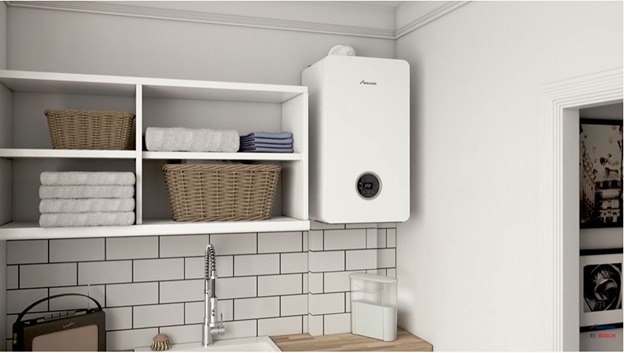Many problems that boiler owners face could be easily avoided if they had some information before buying one. Such information should include the different types of boilers, their functions, and what you need them for. Also, you’ll need to factor in things such as the size of the house as well as your fuel type. In case you don’t have the budget for a new boiler, you can get free boiler grant from the government.
In addition, you may want to get a boiler with additional functions that can save you some money. This article will discuss 5 tips you must consider before buying a new boiler or opting for a replacement. Buying a new boiler won’t be a problem since you can get a boiler on finance.
Consider these 5 tips when picking a new boiler
1. Budget
Before buying a boiler, determine how much you’re willing to spend on the product. When you know that, you can then consider what your budget can take care of. Moreover, your budget size determines the size, brand, and type of boiler you can buy.
But if you don’t have enough cash to spend now, we recommend a boiler on finance scheme. This method will enable you to pick the best products, pay at your own pace, and not overthink it. Whichever way you choose, consider the following tips to get the most of your money.
2. Be specific about the type
Sometimes you may want your boiler to come with extras that perform more than a boiler’s basic functions. Common additions in most modern boilers are economizers, pre-heaters, and superheaters. However, some of these boilers may require large budgets.
So, if you can’t afford one of these super boilers, we suggest you stick with any of the three most basic boiler types. We recommend a combination boiler for large houses as it has high efficiency. However, we’d advise you to go for a conventional boiler if you have a higher need for hot water.
3. Brand reputation is important
Sometimes, it’s better to buy a conventional boiler from a reputable brand instead of buying a super boiler from a brand that isn’t trustworthy. There are many top, reputable brands in boiler manufacture, and their products will be worth buying. Also, a brand’s reputation can assure you that they’ll be there to grant their guarantee, irrespective of how long it is.
Additionally, the guarantee a brand gives you boasts how much confidence it has in its products. If a boiler brand gives you a 10-year guarantee, you can rest assured that the boiler will outlive the guarantee, except if something unexpected happens.
4. Go for an efficient boiler
The efficiency rating is one of the top things you must consider when choosing a new boiler. Most new boilers generally have high-efficiency ratings that drop as they age. The higher the boiler’s efficiency, the less money you’ll have to invest in fuel.
If your new boiler comes with an economizer, it can help to boost the boiler’s efficiency. Since boilers can’t be 100% efficient, boilers with an efficiency of around 90% and 95% are recommended. Generally, you should go for a boiler with an A rating instead of the much-dreaded G-rating.
5. The size of your home
Lastly, the size of your home and the number of persons occupying the house are essential determinants. If you have a small home, we recommend combi boilers. Some models of combi boilers can efficiently supply hot water to two bathrooms, even when used simultaneously.
You’ll need boilers with at least 30.9 kW power for large houses. Moreover, also consider the venting system in relation to your home. If you have a limited-space home, you should avoid direct-vent and power-vent boilers. They push the exhaust out using fans.
Conclusion
Most times, people don’t think of their boilers until they develop faults or stop working. However, it’s best to consider several factors before purchasing. Consider the tips above for proper guidance when purchasing a new boiler.
When considering your budget, we advise you spend on a boiler that won’t give you issues soon. If you’re bothered about fuel and energy consumption, go for an A-rated boiler. Lastly, make sure the boiler is the right size for your home.

